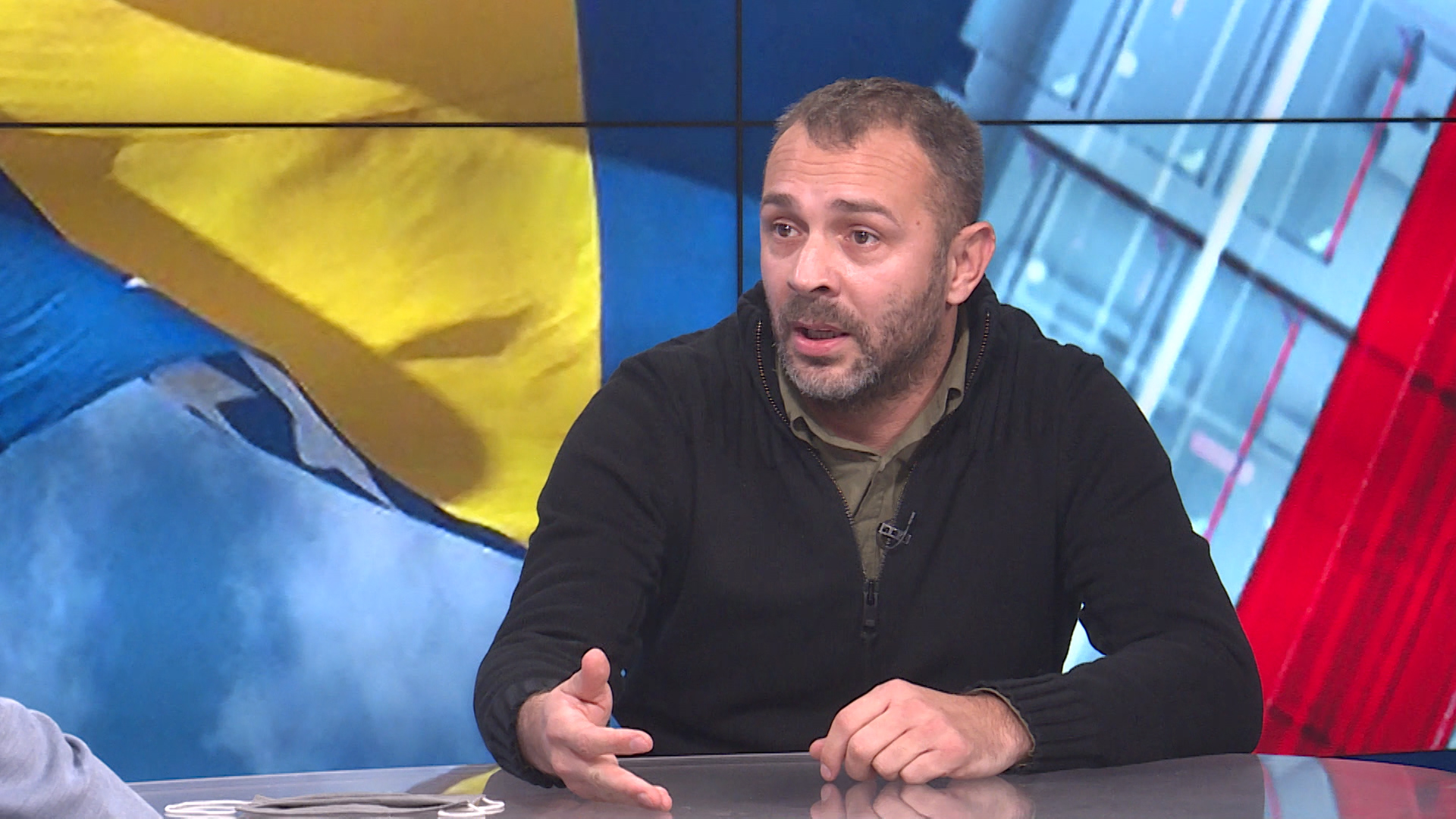Journalist: Resignation of BiH's top judicial official didn't fix all problems

The resignation of Bosnia’s top judicial official, Milan Tegeltija, has not fixed all the problems in the country’s judiciary but it is the first step towards that, said Avdo Avdic, the journalist who exposed Tegeltija's alleged misdeeds which forced the official to resign.
Tegeltija was the President of the High Judicial and Prosecutorial Council (HJCP), the institution that, among other things, appoints and disciplines judges and prosecutors in BiH.
Avdic’s Istraga.ba investigative journalism portal released an audio recording last month which allegedly features Tegeltija discussing the possibility of naming the sister of former HJCP member, Miljana Buha, as a judge in a Banja Luka court.
The allegations came amid criticism the HJCP had been facing from the OSCE over its failure to tackle corruption.
An independent EU judicial expert, Reinhart Priebe, also strongly criticised the institution in a comprehensive report he put together on Bosnia’s judiciary last year.
In light of the allegations and broad criticism from numerous international institutions, including the EU and Bosnia’s international administrator, Tegeltija decided to resign.
“He fought until the last moment,” Avdic said of Tegeltija, adding that the official tried “in every possible way to obstruct or postpone” his resignation.
The public is the winner of Tegeltija’s resignation, Avdic said, adding that local media did a good job following up on a story he broke and in which he hinted Tegeltija’s alleged corruption.
In the summer of 2019, Avdic also published a secretly recorded video that suggested Tegeltija was promising a client help with his case while a policeman afterwards asked for money, allegedly on his behalf.
Avdic argued that the latest allegations made against Tegeltija would never have resulted in his resignation had they not followed last year’s corruption story.
Those allegations from last year “weakened” Tegeltija and after that, “it was much easier to defeat him now,” he said.
The most important part of these developments is the fact that the High Judicial and Prosecutorial Council is losing control, he said.
"In September this year, I published a text with a detailed analysis of where each (HJPC) member was coming from and how this will affect the majority in the HJPC, and I announced this scenario in which he will lose the majority support," Avdic pointed out.
But Tegeltija’s resignation did not fix all the problems in Bosnia’s judiciary, he stressed, arguing that the “key problem” of the judiciary is Bosnia’s Chief Prosecutor, Gordana Tadic.
"Milan Tegeltija was the person who covered up or legalized the illegal activities of judicial institutions, and Gordana Tadic is the person who executes those illegal activities," he explained.
The international community has made it clear that more needs to be done in terms of reforming the HJCP, he said, adding that Tegeltija’s resignation “is only the beginning of the change.”
Kakvo je tvoje mišljenje o ovome?
Učestvuj u diskusiji ili pročitaj komentare





 Srbija
Srbija
 Hrvatska
Hrvatska
 Slovenija
Slovenija







